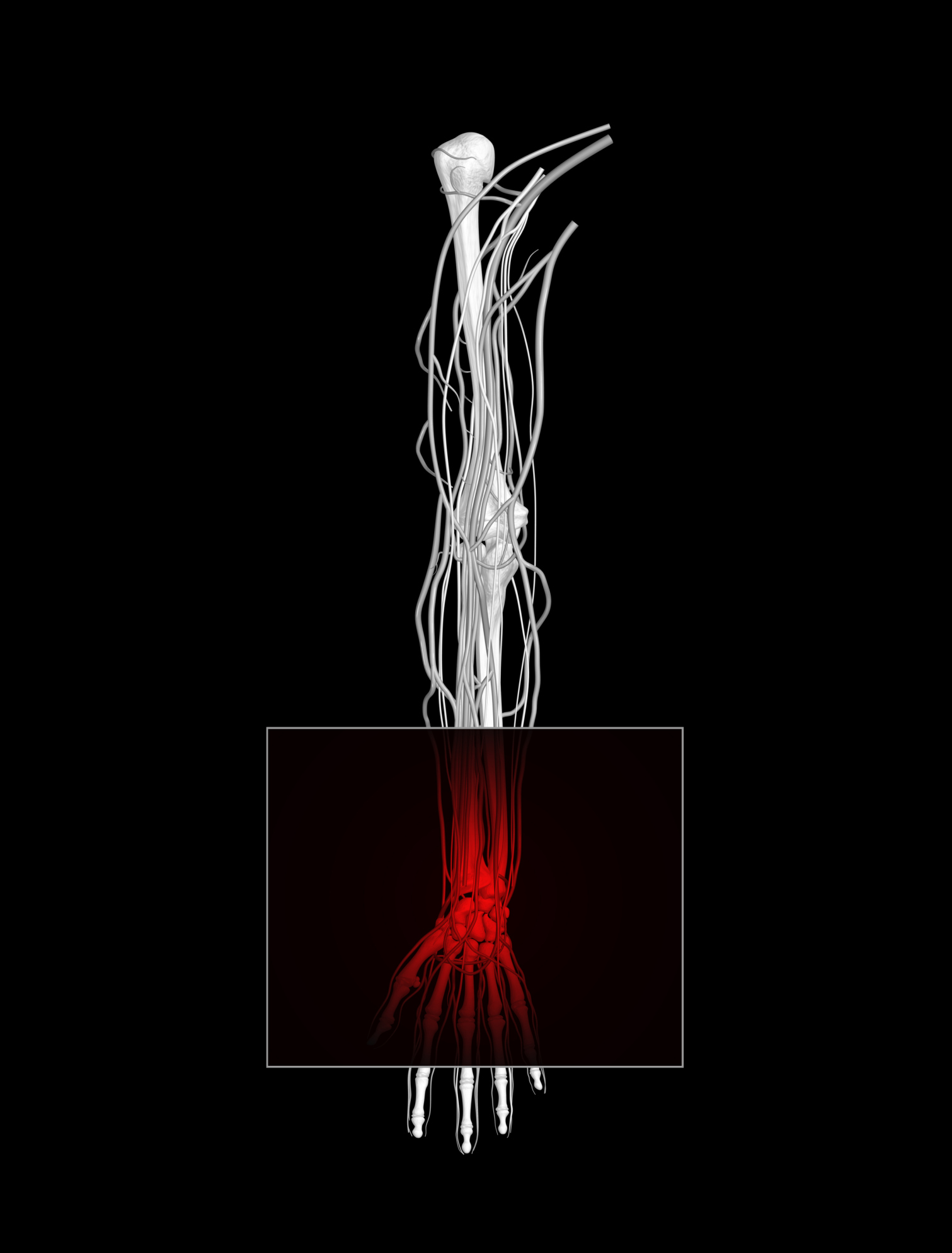Repetitive stress injuries, or RSIs, affect the hands primarily, with peripheral involvement of the arms and neck. The disorder is cumulative rather than associated with a distinct event, and the progression from merely uncomfortable to agonizingly painful over a period of weeks or months is a sure sign that avoiding the problem won’t make it go away.
As with any progressive injury, if the cycle is not interrupted by therapy, surgery or even simple rest, serious, long-term disability can set in. Nor is RSI merely carpal tunnel syndrome (CTS) or tennis elbow; instead, it represents a family tree of disorders, proceeding from the hand but eventually affecting the entire arm. Carpal tunnel syndrome in its latter stages can, for example, feel almost exactly like a heart attack if it occurs in the left hand.
Another myth that needs to be discouraged is the idea that computer use is always the culprit. A recent study notes that computer users are inherently no more likely to develop CTS than are non-computer users. However, according to Clay Scott, a computer scientist at the University of Michigan, many other manifestations of RSI result from computer usage.
Repetitive stress injuries are typified by some ordinary and not-so-ordinary symptoms, at both the physical and psychological level. These include:
- Fatigue, and rapid-onset fatigue in the affected area as the disability progresses
- Distinctive weakness in the affected area, as well as numbness, tingling, a loss of feeling or a sensation of heaviness
- Clumsiness, as when a person drops something that seemed firmly in hand
- A loss of ordinary coordination or dexterity
- Unusual pain or discomfort in the affected area, gradually intensifying and involving areas farther from the source
Psychologically, patients may avoid using the affected hand, arm or elbow (i.e., favoring it, even when it is the dominant side of their body), or find other means to open doors, drawers and the like (a shoulder or the non-dominant hand), stop buying clothing that requires dexterity in the affected hand (i.e., shirts with small buttons), stop participating in sports that require “handedness” (i.e., tennis), or become highly protective of the afflicted hand, arm or shoulder.
Some highly observant physicians, orthopedic surgeons and physical therapists will not even need an extensive examination to determine the source of the problem, though most will perform specific tests just to be certain. One of these – once the standard for CTS testing – is an electrodiagnostic test that uses fine wires (similar to acupuncture) inserted into muscles to measure nerve conductivity. Less painful, but less accurate in pinpointing mild CTS, is a test using surface electrodes. Both require the test administrator to be certified by the American Board of Electrodiagnostic Medicine before they can be considered reliable.
Diagnosticians must also rule out arthritis, notably rheumatoid arthritis, muscle and nerve diseases, spinal irregularities or deformities, and even hidden heart conditions. In its worst manifestation, CTS can resemble persistent heart spasms.
Finally, physicians and surgeons must eliminate the possibility of other cumulative trauma disorders, which can include trauma in other locations along the median nerve, which runs through the palm of the hand all the way to the shoulder. Another possible culprit that looks a little like CTS is tenosynovitis, or inflammation in the sheath that covers tendons used to manipulate the thumb. This can be remedied by splinting, rest, and corticosteroid injections, or ultimately by surgery.
Thoracic outlet syndrome, pressure or restriction of nerves running from the neck into the arm, is another disability that mimics CTS and Raynaud’s syndrome, which makes affected hands cold and sometimes even turns them white or blue after exposure to cold.
The first condition can be corrected by surgery; the second is treatable only by making sure patients wear thick gloves in cold weather; avoid watches, bracelets or other wrist-restrictors; and agree to administration of drugs that dilate blood vessels only in the worst cases.
Disparti Law Group is a personal injury law firm located in Tampa, Florida. For more information, please visit us at www.dispartilaw.com


